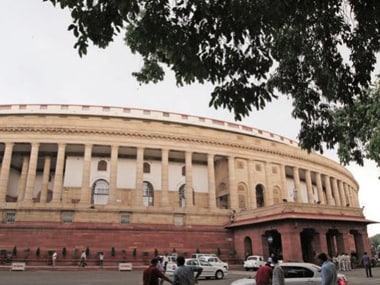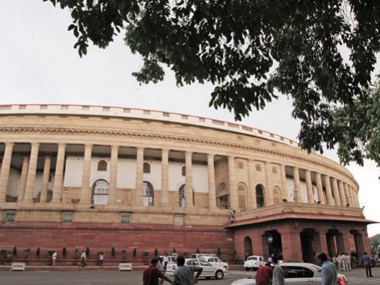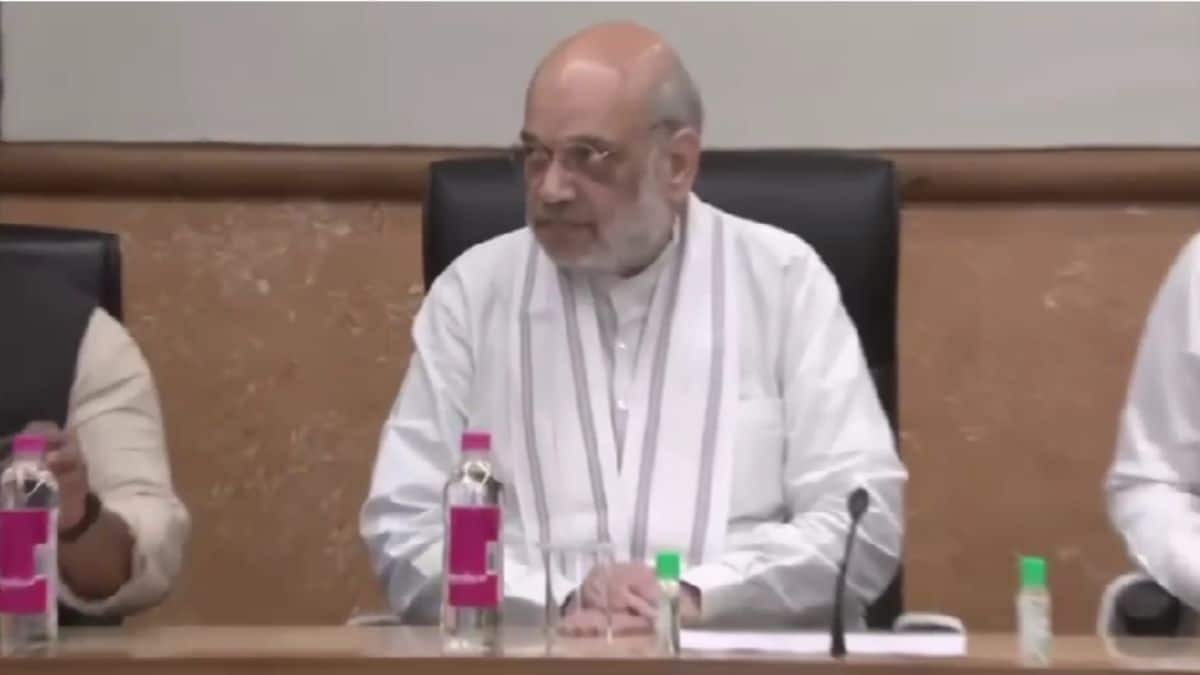The debate over the controversial practice of triple talaq, it seems, is not going to die down soon. Although the Supreme Court has imposed a ‘ban’ on instant talaq for the next six months to allow Parliament to frame a new Muslim divorce law, the verdict certainly opens up a number of questions. In fact, there is a strong possibility that this highly technical judgment might be used to nurture the evolving politics of nationalist reforms. Therefore, it is important to look at the Muslim position(s) on the triple talaq debate to understand the modes by which the Supreme Court judgment might be read, interpreted and understood. [caption id=“attachment_3960813” align=“alignleft” width=“380”]  Parliament of India. PTI[/caption] The petition The writ petition filed by Shayara Bano in the Supreme Court, we must remember, has outlined five main demands: • The divorce deed issued by her husband should be treated as illegal and unconstitutional as it violates the Articles 14, 15, 21 and 25 of the Constitution. • Section 2 of the Muslim Personal Law (Shariat) Application Act, 1937 should be declared unconstitutional as it seeks to recognise and validate talaq-e-bidat (triple talaq) as a valid form of divorce, the practice of nikah halala, and practice of polygamy. • The Dissolution of Muslim Marriages Act, 1939 should be declared unconstitutional as it fails to secure for Indian Muslim women the protection from bigamy. • The practice of polygamy should be declared illegal and unconstitutional. • Muslim wife whose marriage has been terminated by a valid and legally recognised form of talaq by her husband may remarry her husband without an intervening halala marriage with another man. The petition calls upon the state to implement Uniform Civil Code (UCC) to secure and protect the constitutional rights of Muslim women. Responses to the petition The All India Muslim Personal Law Board’s (AIMPLB), which filed a counter affidavit in the case, opposed the petition on following grounds: • The questions raised in the petition are matters of legislative policy. • Personal laws cannot be challenged as being violative of Part III of the Constitution. • Personal laws of a community cannot be re-written in the name of social reform. • Article 44 of the Constitution of India which envisages a Uniform Civil Code is only a directive principle of state policy and is not enforceable. • Muslim Personal Law is based on holy scriptures - al-Quran and sources based on al-Quran. The affidavit also argues that the triple talaq is a universal practice among Muslims in India. It says: “Almost 90 percent of Indian Muslims are Sunni Hanafi, and the rest 10 percent consist of Shafais, and Ahle Hadees. Shafais endorse the Hanafi stance on this issue that triple talaq in one-go constitutes effective Talaq and results in the immediate termination of the marriage.” This sweeping generalisation does not take into account the religious position of Ahle Hadees, a Sunni sect, which does not follow the practice of triple talaq. In an interview Ahle Hadees cleric, Maulana Asghar Ali Imam Mehdi, argued that they oppose the idea of triple talaq as “this is not in keeping with the Quran and Hadees”. It simply means that the AIMPLB does not represent the diverse Sunni Islamic religious practices and beliefs. One can also find an interesting debate among Muslim Women’s rights and advocacy groups as well. For instance, the Bhartiya Muslim Mahila Andolan (BMMA), a leading Muslim women’s organisation, which has been campaigning against the triple talaq for a long time, does not support the idea of UCC. Although the BMMA subscribes to the position taken up by Shayara Bano and others in the Supreme Court, the organisation finds the UCC a politically motivated project. In one of the reports published by the BMMA (No More Talaq Talaq Talaq: Muslim Women Call for Ban on an Un-Islamic Practice) it is argued: “….Muslim orthodoxy in India does not want to entertain any talk of personal law reform and the Hindu right is pushing for the Uniform Civil Code….both these sections are coming from extreme points-of-view and both are equally patriarchal. The credentials of both these formations on the question of gender justice and place of women in society are far from impeccable…. There is no clarity about what is meant by Uniform Civil Code in the BJP manifesto of 2014. Are they calling for the abolition of the Hindu Marriage Act, 1955? …On the other hand, the Muslim conservatives cannot keep their minds and eyes shut to the atrocities such as triple talaq.” Possible readings of the judgment The Supreme Court ruling should be re-read in relation to these internal Muslim debates. The AIMPLB might argue that the judgment is favorable for them as the court has asked all the stakeholders to come together and frame a new law. If the AIMPLB is invited to participate in the deliberation on the proposed new law, (the way it happened in 1985 during Shah Bano case!), the conservative Ulema would be able to secure their lost legitimacy as ‘Muslim representatives’. The ban on the practice of instant talaq by the court could also be seen as an approval of the Ahle Hadees position on this issue. This powerful Sunni sect can claim now that triple talaq is unconstitutional as well as un-Islamic. This position would allow them to operate within the realm of ‘secular minority rights’. The BMMA’s strident opposition to triple talaq and UCC are also resonated in this ruling. The court has asked Parliament to make a Muslim Divorce Law and the issue of the UCC is clearly separated from it. This legal clarity might be employed to consolidate an influential Muslim women’s position on the UCC. Finally, the judgment does not disappoint the victims and women’s right activists, who were associated with the writ petition. The court has questioned the practice of triple talaq on a constitutional ground and called upon all the parties to establish a gender sensitive legal framework to deal with the issues faced particularly by Muslim women. These possible readings of the Supreme Court judgment underline Muslim political-religious heterogeneity, which is often ignored in the debates and discussions on issues such as the triple talaq. If the government is really serious about new Muslim divorce law, it should not follow the precedent established by the Congress government in the Shah Bano case, when AIMPLB was invited as the sole representative of Islam in India. Islam and Muslims are not homogeneous entities. The new divorce law, therefore, must respond to the anxieties, apprehensions, worries, fears and concerns of a highly diversified legal category called ‘Muslim women’. The author is an associate professor at Centre for the Study of Developing Societies.
The new divorce law, therefore, must respond to the anxieties, apprehensions, worries, fears and concerns of a highly diversified legal category called ‘Muslim women’.
Advertisement
End of Article


)

)
)
)
)
)
)
)
)



